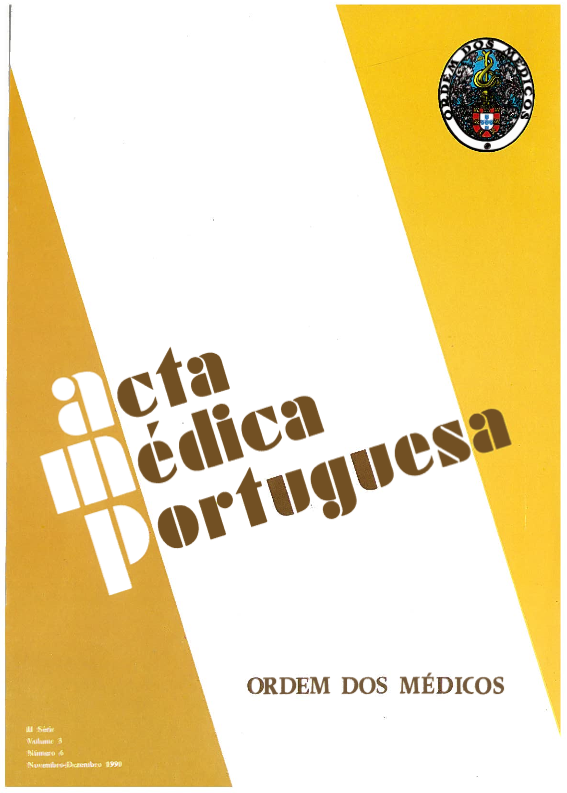Complementary internship of clinical pathology in hematology.
DOI:
https://doi.org/10.20344/amp.4592Abstract
The correct practice of specialized Clinical Pathology is dependent on the acquired aptitude and capacity gained by residents during their specialization. So, the adopted program for residents must be practical and detailed, obviously exceeding the simple and routine execution of laboratory methods and techniques. In this paper the authors describe a scheme for the Clinical Pathology residents practical program in hematology. The program is applied to a central laboratory (Hospital de Santa Maria - Lisboa). This scheme describes the basic principles for orientation of residents: systematic learning and training of laboratory technology, acquisition of experience in organization and valorizing this activity, introduction to methods and practice of quality control and administration of laboratory activity. Methodological studies and valorization are adapted to its clinical and technical specifications. Furthermore, specialization must include other theoretical and practical activities, which are in fact essential to systematization, organization and consolidation or residents knowledge. We schematized the discussion of technical reports, conception and discussion of investigation protocols and active participation in scientific meetings in this field. Responsibility for the execution of practical scientific work and for the presentation of the final report are fundamental to assess the experience and knowledge that has been acquired and simultaneously to give a mean of self criticism and perfectionism. In fact, this last aspect must be a part of the discussion and conclusion of the final report. In this paper, all these particularities are presented and the methods for their effective use are suggested in detail.(ABSTRACT TRUNCATED AT 250 WORDS)Downloads
Downloads
How to Cite
Issue
Section
License
All the articles published in the AMP are open access and comply with the requirements of funding agencies or academic institutions. The AMP is governed by the terms of the Creative Commons ‘Attribution – Non-Commercial Use - (CC-BY-NC)’ license, regarding the use by third parties.
It is the author’s responsibility to obtain approval for the reproduction of figures, tables, etc. from other publications.
Upon acceptance of an article for publication, the authors will be asked to complete the ICMJE “Copyright Liability and Copyright Sharing Statement “(http://www.actamedicaportuguesa.com/info/AMP-NormasPublicacao.pdf) and the “Declaration of Potential Conflicts of Interest” (http:// www.icmje.org/conflicts-of-interest). An e-mail will be sent to the corresponding author to acknowledge receipt of the manuscript.
After publication, the authors are authorised to make their articles available in repositories of their institutions of origin, as long as they always mention where they were published and according to the Creative Commons license.









